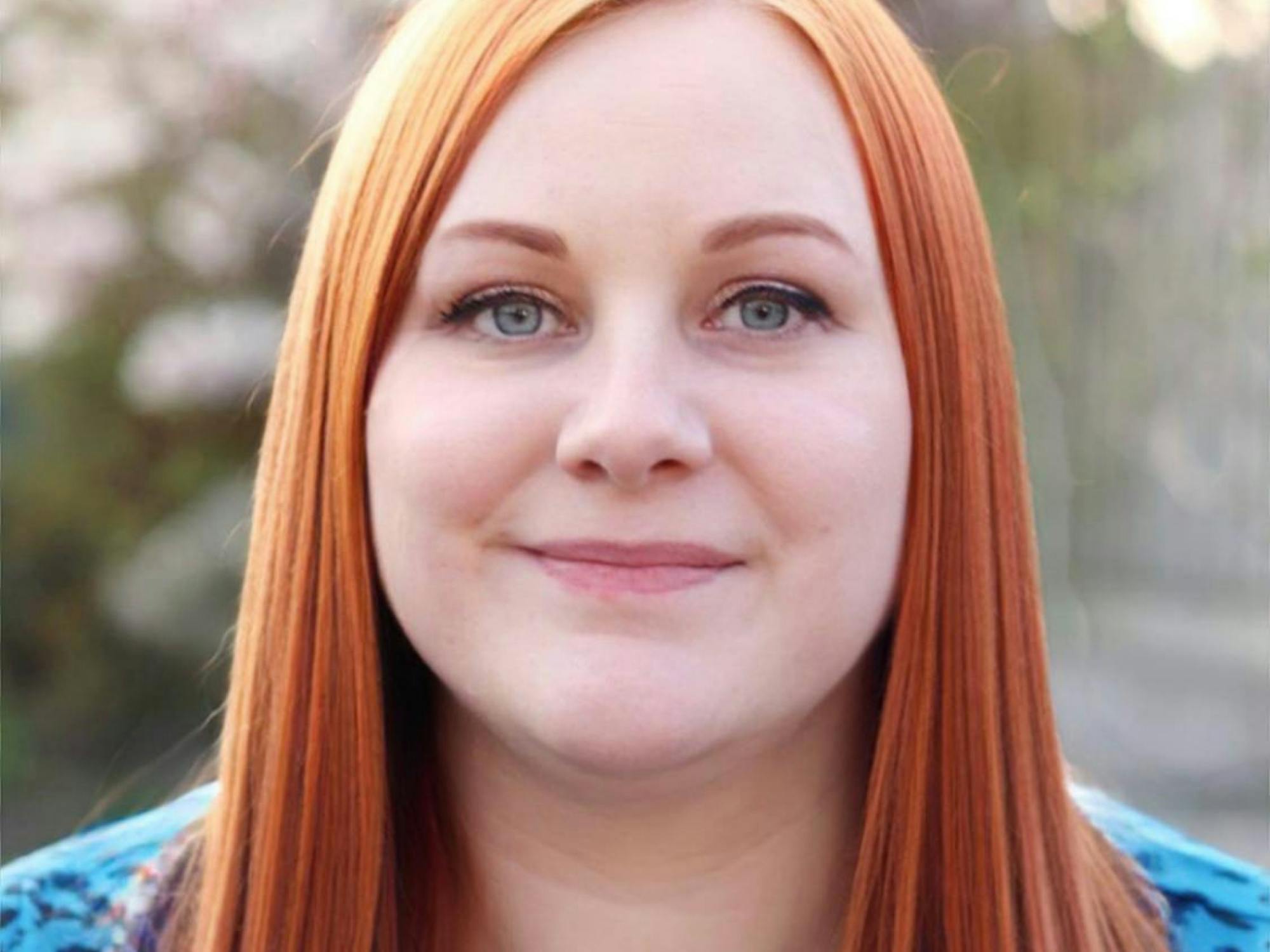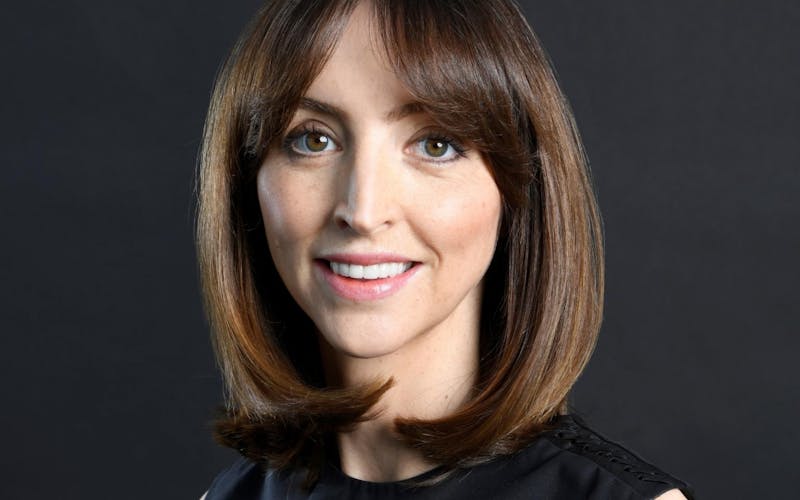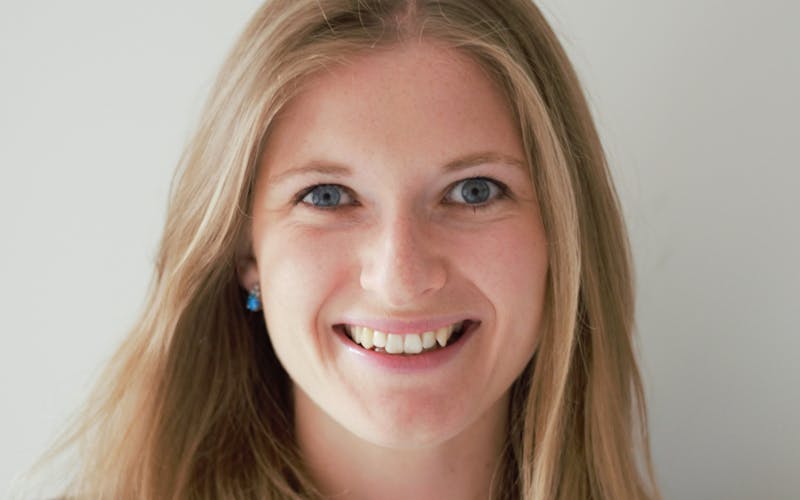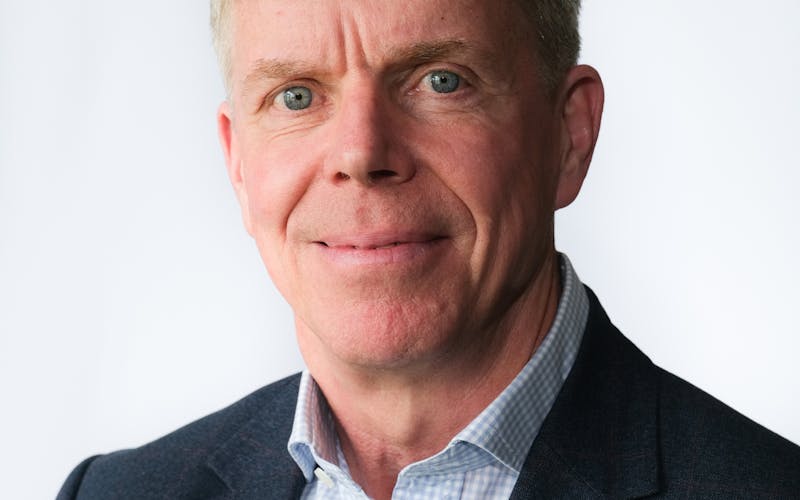

for Walpole members and
non-members available now
at The Londoner



How did you come to work in sustainability?
My career at Mulberry started in 2010, as a trainee stitcher making pockets for the inside of Bayswater bags. In my 12 years with the brand, I’ve been fortunate enough to work in a few different areas and gain very broad knowledge of how the business operates. I joined the CSR department (as it was then called) in 2017, where my role was more compliance-based. Now it’s grown to a future-thinking department, which works across the global business.
In an ever-changing area of corporate policy, what's one resource that's really helped you in your role?
I’ve built a network of sustainability peers from all sorts of industries, whether it’s a luxury brand, leather specialists or British retailers. As a resource, I’m lucky to be able to reach out to them with specific questions and learn from their progress. In turn, we’re happy to share our knowledge, understanding that we face many of the same challenges and that by working together, we can succeed quicker.
What is the biggest challenge your company faces when it comes to delivering your sustainability goals?
We are working towards a hyper-local, hyper-transparent supply chain. As a global business, our supply chains are incredibly complex, and we are dependent on transparency from our partners. At the end of last year, we launched our first farm to finished product collection with Muirhead, a member of Scottish Leather Group. Our goal is to extend this supply chain model across our whole product range. We take the time to get to know our suppliers, and this is crucial for us on our journey to Net Zero.
It’s always a challenge to keep on top of the most recent regulatory changes, which can sometimes feel like moving goalposts. As an example, we have paused the submission of our Science Based Targets for a couple of months whilst we work with our carbon consultancy to digest and understand the new guidelines, to ensure our submission is best-in-class for our sector. Being members of groups such as Walpole, is a great way to share information with like-minded members.
What's your best advice for communicating your sustainability work with customers?
Become best friends with your marketing and comms team. Our team have an appetite for learning every single detail about a product or supply chain before we communicate to consumers, which means we can build solid messaging. Our aim is to be as transparent as possible with our customers. We are dealing with very complex issues, and we have multiple stakeholders – from press to customers – so it’s important that we take everyone on the journey with us. We are far from perfect, but we believe we have a business model that will allow us to achieve our goals. Every member of the team at Mulberry is proud of and supports our sustainability goals – it’s not just me sitting in silo as Head of Sustainability, it comes from the top-down and bottom-up.
Is there an area of sustainability that you think doesn't get talked about enough in the luxury industry?
Repairs is an area which is really starting to gain traction. We are proud of our Lifetime Service Centre, which has been repairing Mulberry items for over 30 years. Last year we repaired over 10,000 items which were either customer requests or went on to be listed on The Mulberry Exchange, our circularity programme which launched in 2020. The Mulberry Exchange enables customers to purchase pre-loved items in store and online. I love hearing stories from our retail teams when they’ve been able to source a “unicorn” bag for a customer who’s been on the search for years. Watching our LSC team breathe new life into very well-loved Mulberry bags is astounding. They’re very talented.
Which action you've taken has had the most impact during your time in the role?
One of the first pieces of work I did when I joined the department was to calculate how much of our leather was purchased from tanneries who had been environmentally accredited. Back in SS18, this was only at 8 per cent, so I set a goal to push it up season-on-season. I worked with our pre-production and sourcing teams and our key tannery partners to explain the importance of lowering their environmental impact of leather manufacturing, and in just four years, we’ve increased our metric to 88 per cent. There’s just one tannery remaining whose audits have been rescheduled several times in the past 18 months, but we’re confident 100 per cent of our leather will be from environmentally-accredited tanneries by 2023. We will also be submitting our Science Based Targets before the end of this year and have carried out our first Life Cycle Assessment of a product, which is a huge step towards our target of becoming Net Zero by 2035.
What action do you wish your company had taken sooner to aid your company's sustainability?
Speaking about it. We have 50 years of a responsible legacy, but only really began communicating a few years ago. Our first Sustainability Report is coming soon and shows the progress we’ve made in the last 12 months and our plans for the next year. I’m really proud of the journey the business is on.
What are your main priorities when it comes to sustainability?
Our Net Zero 2035 ambition overarches across all the goals laid out in our sustainability strategy, and touches everything from which suppliers we work with to where we buy our IT equipment. My priority is to break down the challenge of Scope 3 and actively engage the business in a reduction strategy.
Collectively, what action is going to drive the most change for the luxury industry?
Our consumers are (rightly) becoming more conscious when making purchasing decisions. They want to know the provenance of the products they are investing in and hear the stories behind them. By providing additional layers of transparency, consumers will build trust with open brands, and perhaps start to step away from those brands who don’t share. We’re all aware of the environmental pressures our Earth is under, and that we have a short period of time to reduce the impact of our business to mitigate the worst effects of climate change. The luxury industry is best-placed to lead the way.
Can you tell me another luxury company whose work in sustainability you admire?
James Cropper manufactures Mulberry Green paper for our packaging. They created the award-winning innovative CupCycling™ process, which upcycles take-away coffee cups and makes them into luxury paper. Since we started working with them, 2.8 million coffee cups have been recovered for Mulberry paper. They are continually looking for more ways to reduce their environmental impact in line with their Net Zero 2030 target, which is important for brands whose packaging can add up to a large portion of its carbon footprint.








